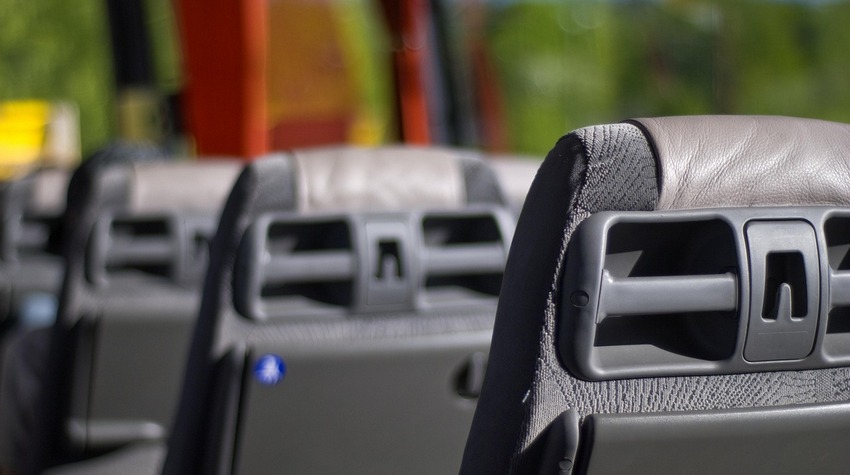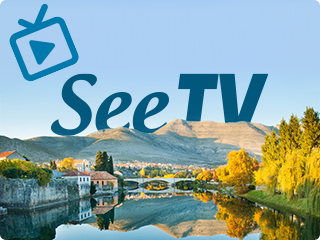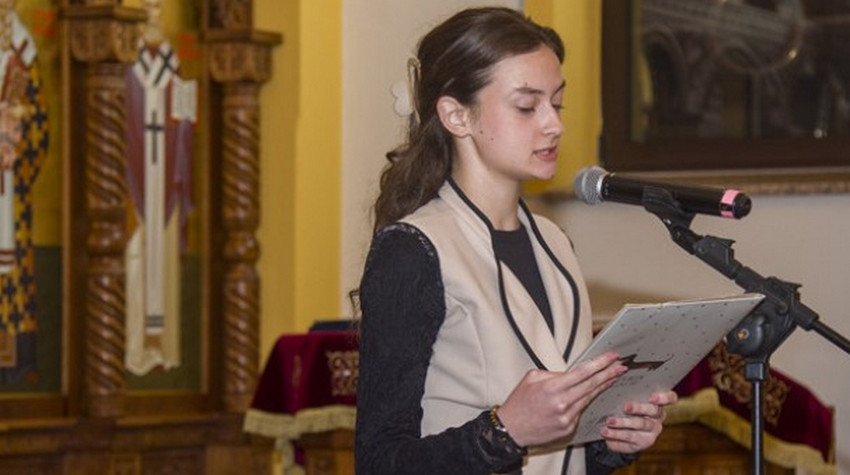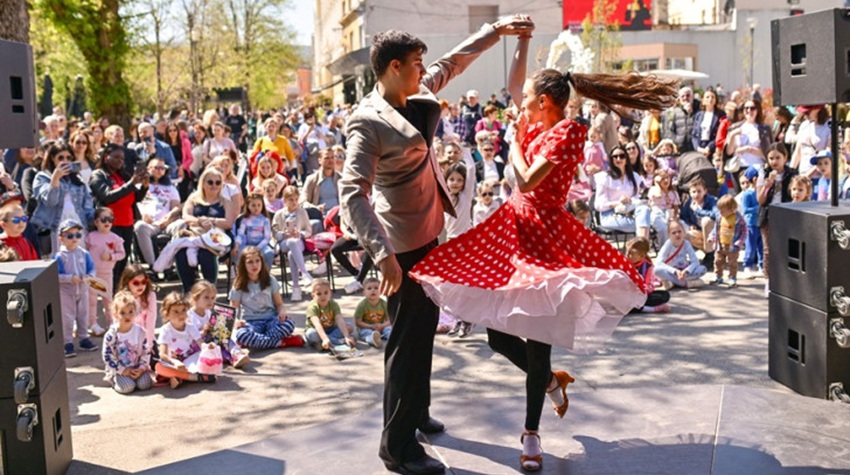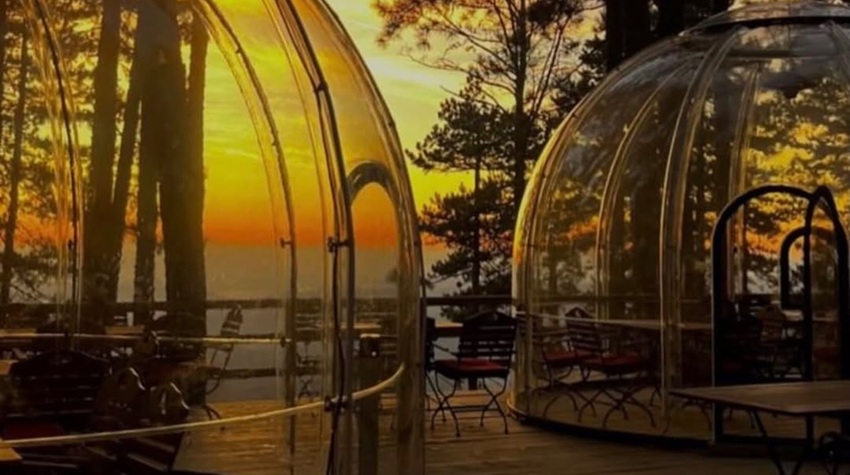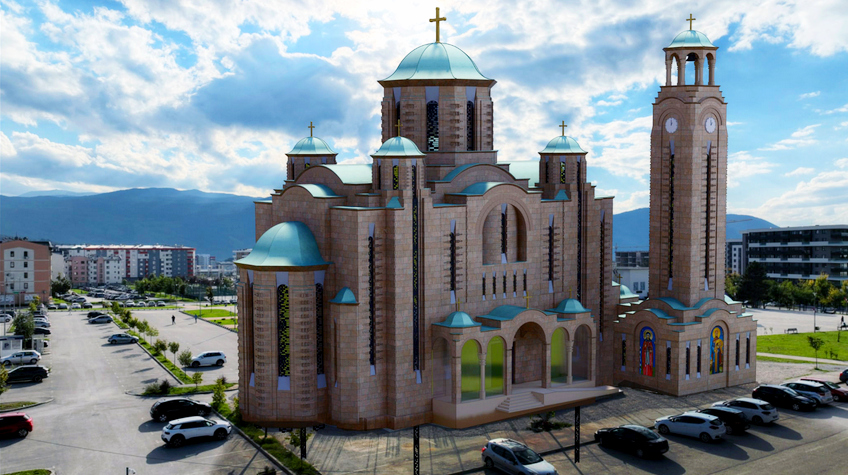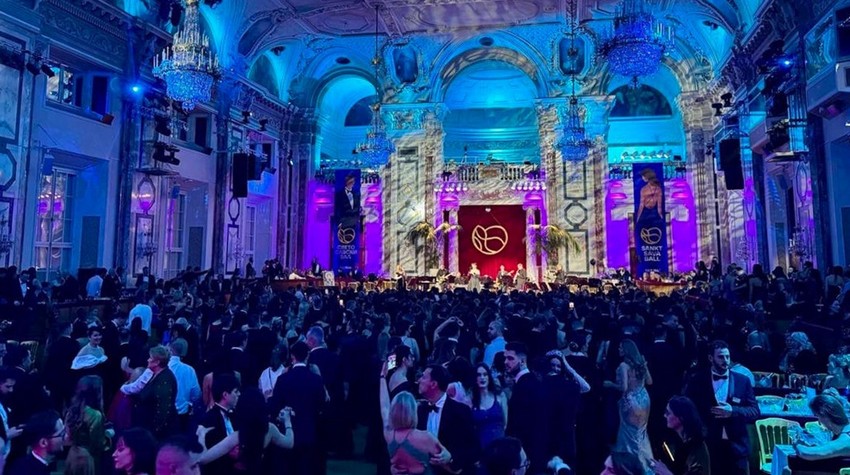WILL THE NEW TOURISM LAW PREVENT UNFAIR COMPETITION?
The growing number of tourist tours organized by citizens’ associations has opened a heated debate in the tourism sector of Republika Srpska. Although the law clearly defines who is allowed to provide tourism services and under what conditions, many associations have started offering organized trips — a practice that licensed travel agencies claim creates unfair competition and potential risks for travelers.
Travel
agencies operate under strict regulations: they must obtain official licenses,
employ highly qualified staff who speak foreign languages, and secure bank
guarantees. Everything must be properly certified.
“Regarding
the requirements that regulate our work — they exist for a reason. It must be
clear who can operate as a travel agency and who meets the necessary
conditions, both for the safety of passengers and for the agencies themselves,”
said Vanja Savić from Unis Tours Banjaluka, as reported by RTRS.
On the
other hand, citizens’ associations, as non-profit organizations, fall under a
completely different legal framework. They may organize activities exclusively
for their members, but they are not allowed to commercially organize tourist
tours.
Still,
suspicions remain that some associations do operate on a profit basis, says
Kompas Tours.
“Generally,
we in the agencies in Srpska have nothing against associations. Everyone should
do what they think is best. We are not creating a monopoly, nor do we want one
— we only want everyone to work under the same conditions and standards applied
to travel agencies,” said Mladen Račić, director of Kompas Tours.
The Ministry of Trade and Tourism has addressed these concerns in the Draft of the New Tourism Law, announcing stricter controls and clearer distinctions between the activities permitted to associations and those reserved for licensed travel agencies. The goal is to regulate the market and ensure safety and service quality for travelers.
“What
is extremely important — and something we discussed with travel agencies — is that
they complained about associations operating on the black market, organizing
one-day and multi-day trips for various citizens. With the new law, we are
introducing tighter controls, and associations will be allowed to operate only
for their members and without profit,” explained Denis Šulić, Minister of Trade
and Tourism of Republika Srpska.
The
issue is far from negligible, confirms the Tourist Organization of Republika
Srpska. Unfair competition harms agencies that comply with regulations — from
passenger insurance to mandatory licenses, taxes, and other obligations.
“We
can see on the ground that associations often organize tours and practically
interfere with the work meant for licensed agencies,” said Marko Radić, head of
the Promotion Department of the Tourist Organization of Republika Srpska.
The new law also introduces several changes: extending eligibility for tourist vouchers to foreign tourists, enabling the electronic sale of package arrangements, and creating a new professional title — rafting guide.
In the
Rafting Association of Foča, they emphasize that those navigating the boats
must be licensed.
“All
skippers working for us have a license — they must have one. None of us would
allow anyone to steer a boat without it. God forbid something happens — that’s
the first thing checked,” stressed Zdravko Matović, president of the Tara and
Drina Rafting Association.
The
new Tourism Law is currently in draft form, and a public debate is expected
soon. The Ministry hopes that the proposed measures will lead to a fairer
market and strengthen the further development of tourism in Republika Srpska.
